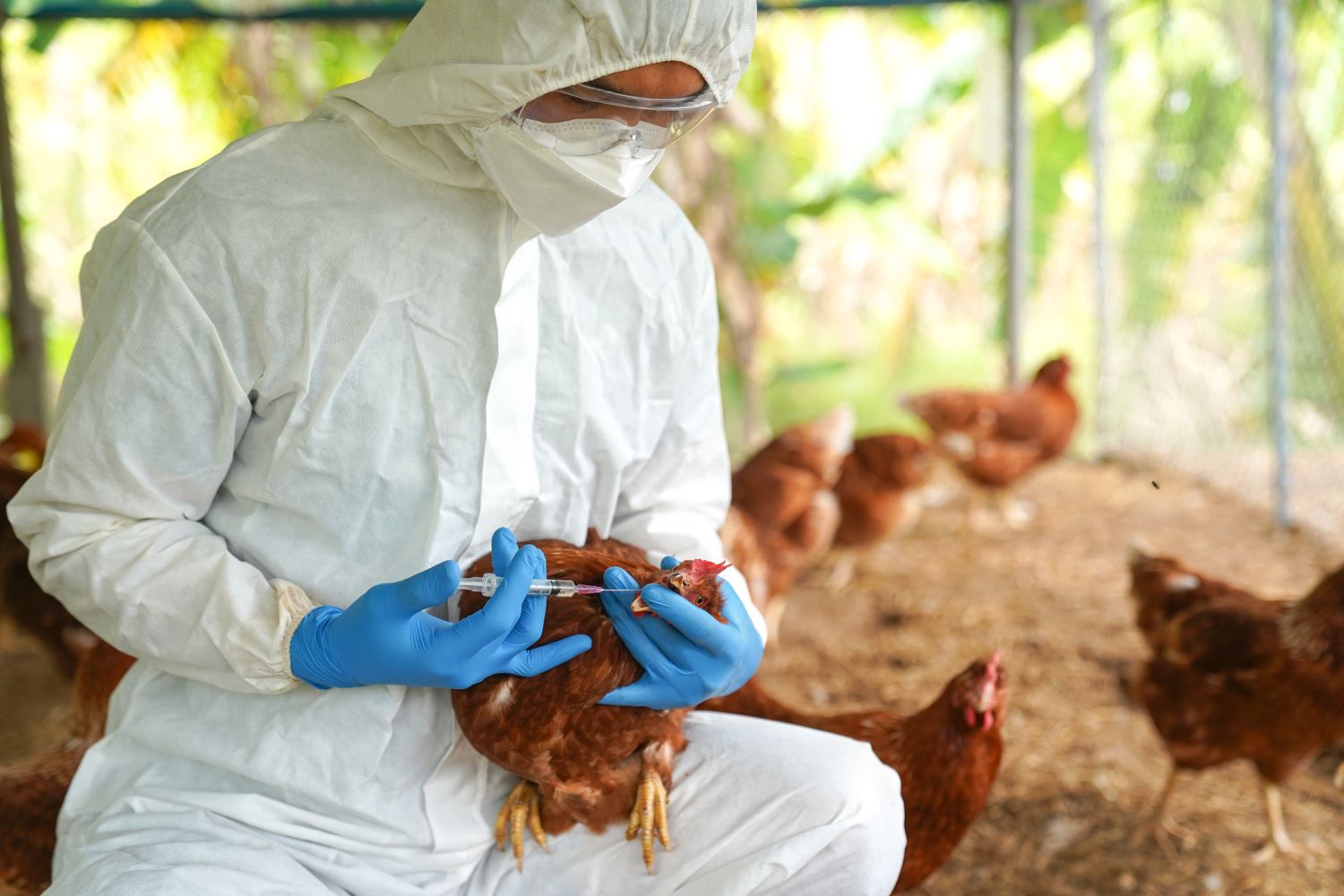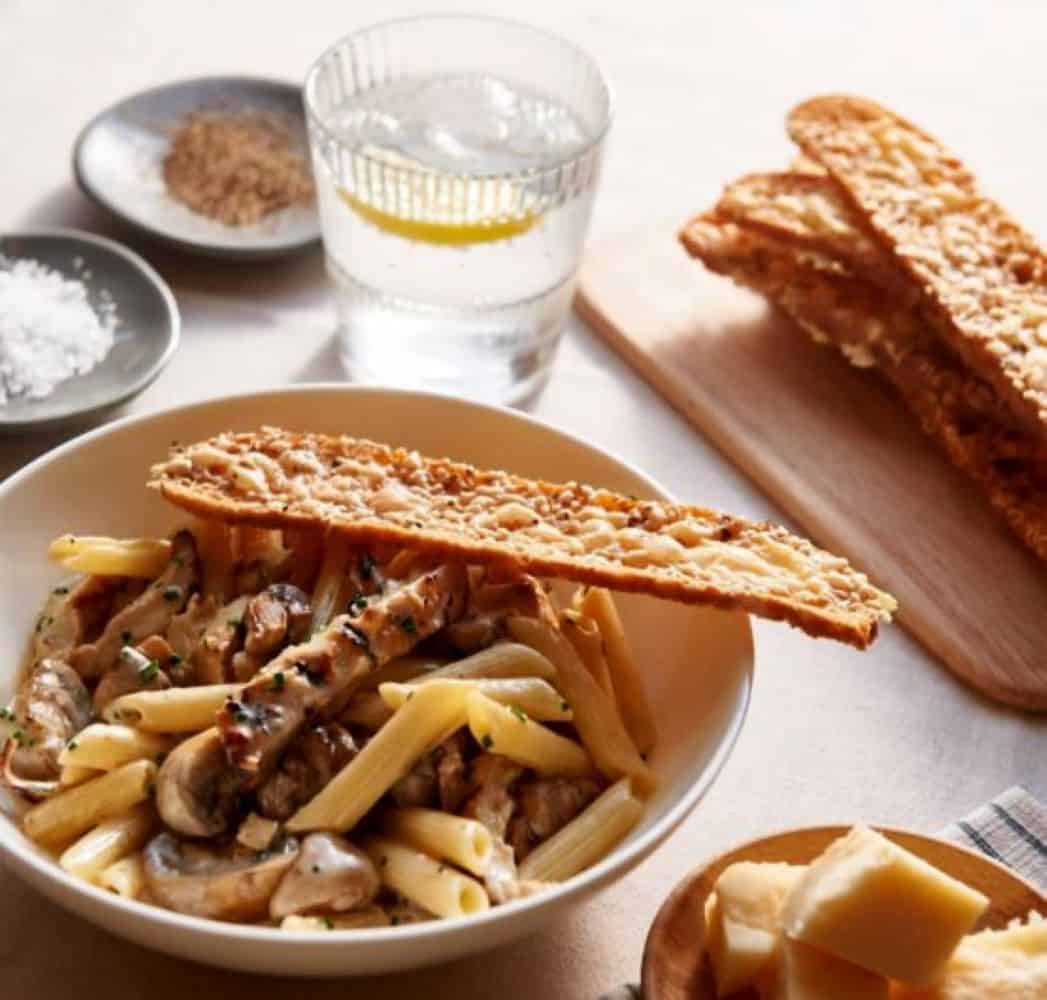Tupperware in South Africa cannot continue its operations next year and has consequently offered its employees voluntary severance packages. Tupperware SA’s future has been uncertain for the past few months after Tupperware Brands, its parent company, and some of its subsidiaries filed for bankruptcy protection.
How will this affect employees?
Due to the end of South Africa’s Tupperware industry, the company has offered its employees voluntary severance packages. The company will terminate employees’ services on 31 December 2024. From 1 January 2025, it will retrench staff members who have not accepted the voluntary severance package by then.
Justin Korte, Tupperware SA’s head of business, said that the company’s board and management are currently awaiting final direction from shareholders. They are also seeking legal advice about how to deal with the current situation. All independent sales consultants should contact their distributors about the steps going forward.
What is the reason for the end of South Africa’s Tupperware?
The company is known by thousands of people for its trademark food storage containers. It has been experiencing ongoing dwindling sales in recent years. Already last year, the firm had significant doubt about its ability to keep operating due to its poor financial position.
The president and CEO Laurie Ann Goldman said in a statement announcing the bankruptcy filing that the challenging macroeconomic environment has severely impacted the company’s financial position over the last several years.
Tupperware Brands filing for bankruptcy protection earlier this year raised questions about the continuity of the licence agreement and operations of Tupperware South Africa.
Tupperware enjoyed a boom during the Covid pandemic before its sales fell again.
The history of Tupperware
Earl Tupper created Tupperware in the early 1940s and introduced the products to the broader consumer market in 1946. Tupper’s first consumer plastic products offered a unique benefit that traditional food containers did not, namely they were lighter and less likely to break than traditional glass and crockery. With the onset of the post-war ‘baby boom’, many women focussed on caring for their growing families and Tupperware became increasingly popular.
The products were introduced in South Africa in 1964 and currently there are over 270 000 consultants across the country.
Do you purchase Tupperware products? Why or why not?
Let us know by clicking on the comment tab below this article.
You can also email info@thesouthafrican.com or send a WhatsApp to 060 011 021 1.
Also, follow @TheSAnews on X and The South African on Facebook for the latest news.














